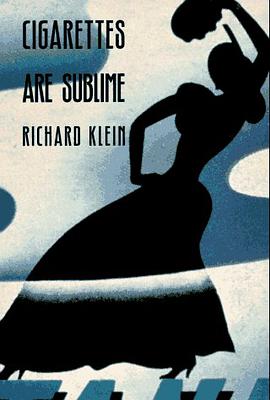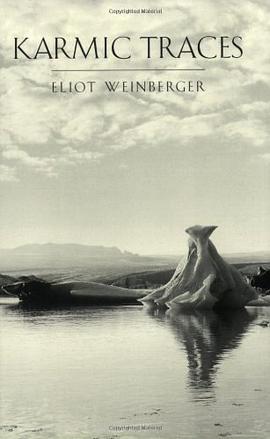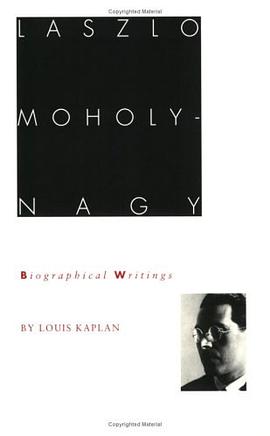

具体描述
German poet Heinrich Heine (1797-1856) was bedridden with a debilitating illness for the last eight years of his life, during which time he reassessed many of his previous views on life. By the Rivers of Babylon examines the changes in his thinking about history, philosophy, and religion during that period and shows how those changes are reflected in his later poetry.Roger Cook first offers an analysis of Heine's vehement renunciation of the Hegelian ideas that had shaped his earlier conception of history. Refuting accepted opinions that this shift in thought was a displaced opposition to social developments, Cook contends that these late writings represent Heine's consistent rejection of idealist philosophy and reveal Heine's new understanding of poetry's role as a transmitter of myth.In support of this argument, Cook offers in the second half of his study exacting interpretations of poems from Heine's 1851 anthology Romancero, including a new contribution to Heine's most obscure work, "Naechtliche Fahrt", and an original interpretation of "Vitzliputzli". He demonstrates how this late poetry constitutes a new mythopoetic discourse and reflects a theoretical rationale closely linked to contemporary critical theory.Cook shows how Heine transcended the boundaries of European culture and Judeo-Christian religion by aligning his work with alternative cultures on the margins of society and on the frontiers of colonial expansion. Demonstrating how Heine's poetic narrative engages diverse cultural modes of resistance, he argues that the later work participates in an alternative writing of history that puts oral tradition on an equal footing with written text.
作者简介
目录信息
读后感
评分
评分
评分
评分
用户评价
相关图书
本站所有内容均为互联网搜索引擎提供的公开搜索信息,本站不存储任何数据与内容,任何内容与数据均与本站无关,如有需要请联系相关搜索引擎包括但不限于百度,google,bing,sogou 等
© 2026 book.wenda123.org All Rights Reserved. 图书目录大全 版权所有




















